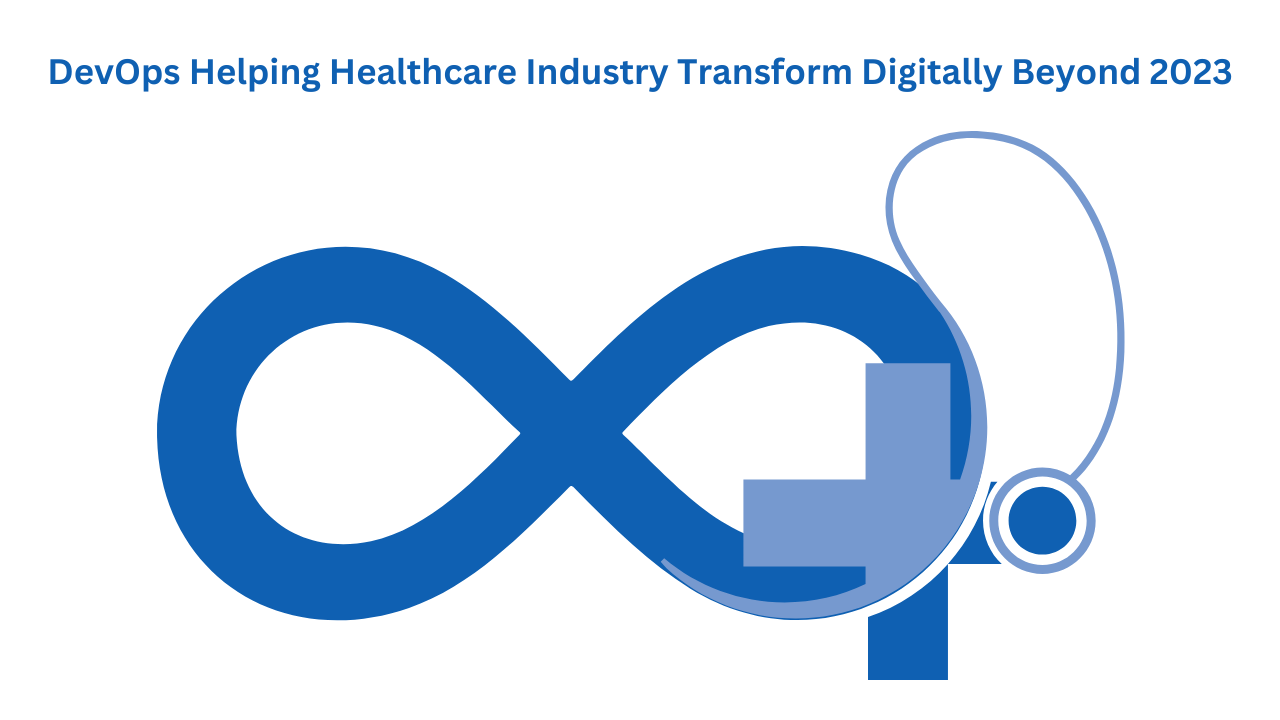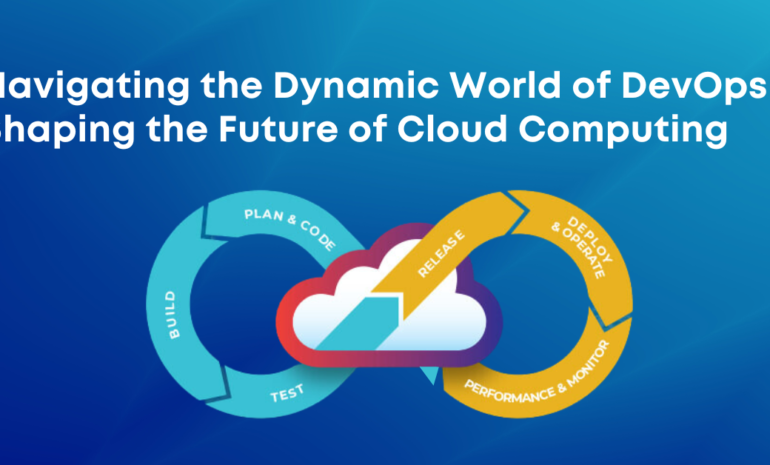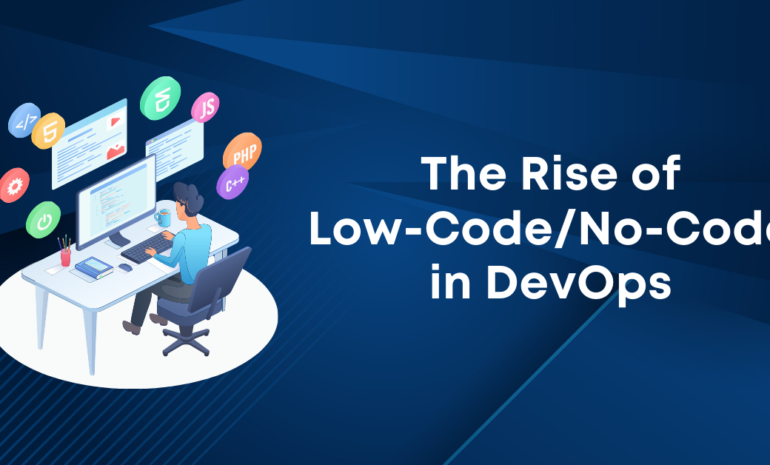DevOps helping Healthcare Industry Transform Digitally Beyond 2023
Over the last decade, DevOps has become an effective practice over conventional software development. As a cross-functional development methodology, DevOps ensures the seamless delivery of high-quality software. The DevOps methodology has changed how people perceive software development and operation management today. So far, this is also the care with DevOps in Healthcare.
DevOps is an amalgamation between automation and agile processes to optimize performance and improve collaboration in a specific industry. One such industry is healthcare. The advanced capabilities and the continuous process has made DevOps in healthcare an integral part of the entire industry. As the healthcare industry promotes health, healing, and treatment to increase an individual’s quality of life, using innovative applications has become quintessential.
The demands of patients are evolving every day, and as the world is heading towards 2023, patients demand healthcare facilities to be quick and convenient. Healthcare digital transformation is possible with DevOps and Cloud Computation; you can deliver end-to-end solutions to patients without breaking a sweat. DevOps makes it easier to provide support 24/7 and maintain, deploy, and troubleshoot healthcare systems quickly.
DevOps provide a wide array of advantages in healthcare. Healthcare generally requires optimized solutions alongside faster turnaround time. Several healthcare start-ups have begun adapting DevOps to make follow-ups and reminder emails easy. Let’s explore why you should adopt DevOps today!
Improves Engagement:
Any organization that uses the CI/CD pipelines usually delivers fast, reliable solutions with tons of features. DevOps provides healthcare several solutions like self-check-in systems, which aid in processing patients’ data more quickly. Another benefit of implementing DevOps in healthcare is that it brings electronic filing into being. Furthermore, making it a hassle-free means to provide medicines to patients and, in the long run, improve patient satisfaction.
Data Management:
A data-driven approach isn’t just responsive and cost-effective but also cutting-edge. Data-based solutions enhance productivity and aid an organization in achieving a competitive edge via insights. Hospitals generate large amounts of data that aren’t generally processed through outdated or general tools.
DevOps toolchains make data management more effortless. From lab reports to medical device reports, pharmacies, EHRs, insurance claims, and wearable devices, these data pile up and become more extensive. These data from different sources can be analyzed and managed.
Security and Regulatory Compliance:
The greatest challenge for the healthcare industry has been integrating security into its digital ecosystem. With DevOps, the healthcare industry can integrate fundamentals right from the start in the application module. This is called DevSecOps.
DevSecOps approach ensures vulnerability analysis and pipeline implementations run side-by-side. DevOps engineers will address all the potential vulnerabilities during development and deployment.
Automation:
DevOps methodology allows healthcare to integrate automation into the existing ecosystem. Automation makes deployment smooth, and future upgrades and features are released regularly. With automation, healthcare providers can satisfy SLAs while managing resources effectively.
CloudZenix makes Healthcare Digital Transformation a Reality
The Healthcare industry is always on its toes to develop and improve its products and services. The challenge that the healthcare industry faces are:
-
- Traditional Software Development
- Infrastructure Management
CloudZenix, as a DevOps and Cloud Computing Solutions Provider, helps the healthcare industry and several other business verticals to help them achieve reliable and seamless digital transformation without a hassle.




